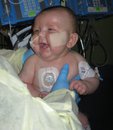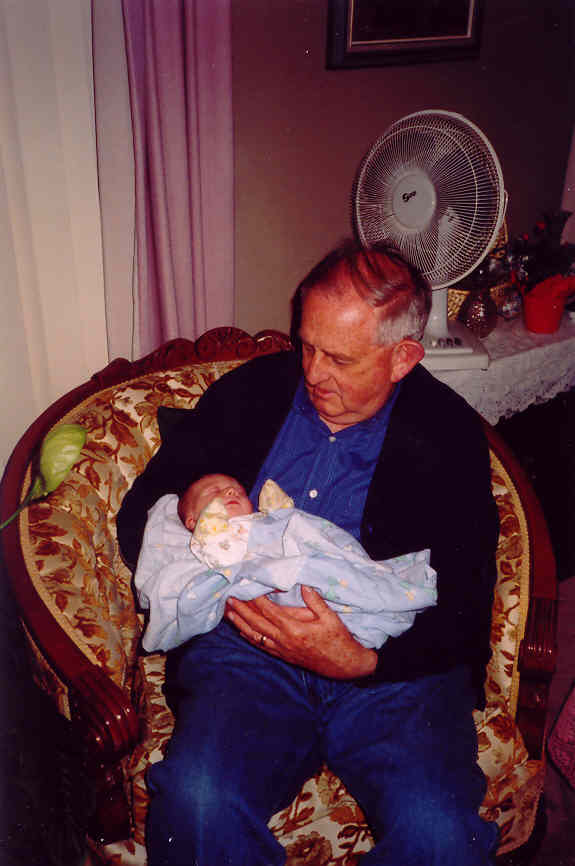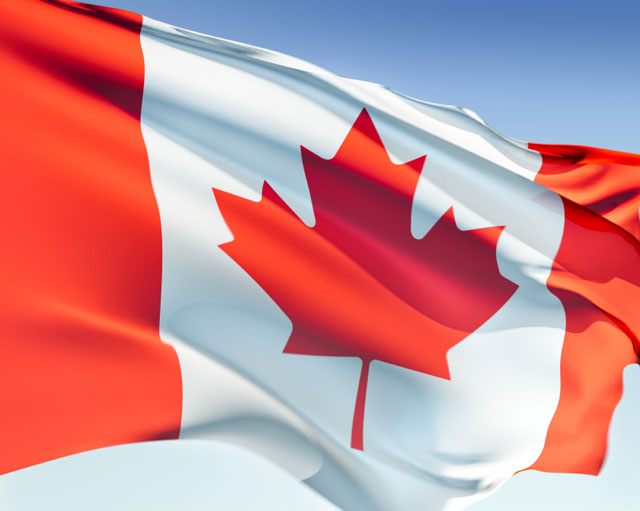 A year ago today, a baby named David got his angel wings. After tirelessly staying by his side during his five-month-stay in hospital, his Mom – so brave, so beautiful inside and out, and with a heart bursting with love – held him in her arms as he winged his way into the next world.
A year ago today, a baby named David got his angel wings. After tirelessly staying by his side during his five-month-stay in hospital, his Mom – so brave, so beautiful inside and out, and with a heart bursting with love – held him in her arms as he winged his way into the next world.
During his time on earth, David – known to many of us as Captain Snuggles – changed many lives. He inspired people to appreciate what they had and to live their lives better. Through him, people started donating blood. Because David was here with us, because he fought so bravely, lives have been saved, continue to be saved because of the people who continue to donate blood in his honour.
What an amazing legacy for an eight-month-old baby.
To Captain Snuggles: rest in peace, smile on the people who live because of you, and touch your family with love.
To David’s mom Amy, who fought so hard for her son’s life: I send you vibes of love, strength, and peace. I wish I could be close enough to hug you, but through the bonds of friendship, I am with you tonight. May you and your family find strength in being together, and may all of you feel the loving presence of the brave Cap’n.











